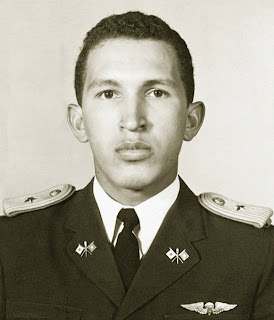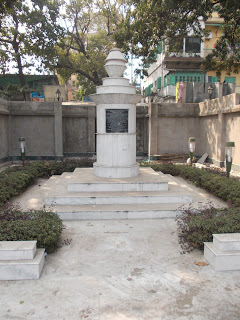Roadkills in Malaysia: A personal experience

Roadkills have become a fairly common occurrence with the advent of motorized transport. As the motor car, the truck and other vehicles began to speed along highways which cut through wildlife areas, animals began to die as they were run over by speeding vehicles. The term roadkill refers to killing by motorized vehicles, but in North Bengal, the Doon area of Uttrakhand and several South Indian forests, trains are also pretty lethal for wildlife. In the Dooars in particular, elephant deaths are common and have become a regular occurrence after a broad gauge line was allowed to pierce the forest of North Bengal. My personal acquaintance with roadkills in India was with dogs. All Indian drivers are familiar with the spectacle of a dead mongrel lying on the road, getting more and more smashed as vehicle after vehicle goes over it. I have even known sadistic drivers who liked to purposely run over dogs. However, because stray dogs are so common in India, I never really felt any great re...



